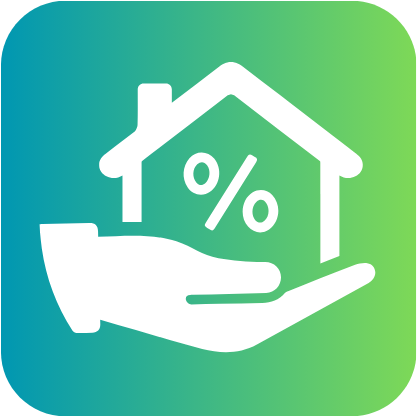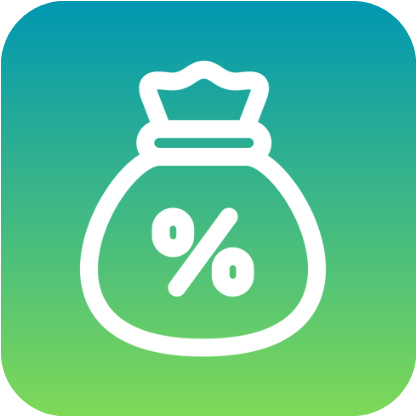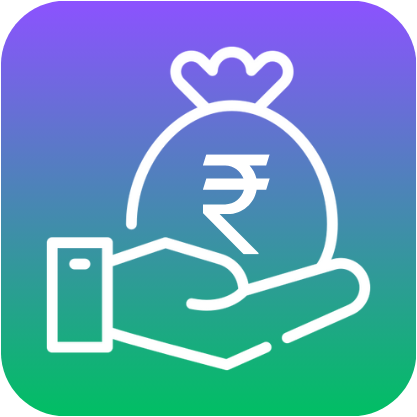Loans are an indispensable part of the financial system in India and other countries as well. They are the right financial instruments that allow individuals and businesses to borrow a certain amount of money for a certain period at a specified interest rate. Most Indian banks and financial institutions offer various loan options to cater to the diverse monetary needs of individuals and businesses.
There are several types of loans available in the market. You need to understand their benefits and drawbacks so that you can make informed decisions on picking the right and most suitable option for your monetary needs. This is why you need to get in touch with Grow Rupiz to get expert advice on applying for the right loan option.
Popular Types of Loans
Loans are divided into two main categories that are secured loans and unsecured loans. Further, these loans are divided into other sub-categories. Secured loans require collateral. This means you will need to provide something to a lender as a guarantee of repayment. On the other hand, unsecured loans do not require any form of collateral. The lender gives you the money based on your credit score and history. Usually, a secured loan is cheaper than an unsecured loan.
Home Loans
A home loan is a type of secured loan where the lender gives you the loan amount to purchase a house or apartment of your choice. Your new property will serve as collateral for the loan to recover the loan amount if you default. In case of a default, the lender can sell your property for repayment. There are many banks and financial institutions in India that offer affordable home loan schemes. If you are looking for an affordable home loan, you can bank on Grow Rupiz. We can help you with the following types of home loans in India.
- Flat or apartment purchase loan
- Land purchase loan
- Home construction loan
- Home loan balance transfer
- Top-up home loan
Loan Against Property (LAP)
Loan against property (LAP) is also a type of secured loan. If you need money for your specific purposes, you can avail of this specific loan facility by pledging any residential, commercial, or industrial properties. The lenders will decide the loan amount based on a certain percentage of the property’s value. The loan amount can vary from one lender to another. While some lenders can offer you an amount equivalent to 50 to 60% of the total value of your property, others may offer an amount of up to 80% of the property’s value. If you are looking for a loan against property in India, you can bank on Grow Rupiz. We consultancy services for a loan against property (LAP) on a minimal commission basis.
Loan Against Securities
We at Grow Rupiz also offer consultancy services for a loan against securities. If you are encountering financial troubles in your life and need some urgent money, you can leverage the option of a loan against securities like insurance policies, fixed deposits, gold, mutual funds, and shares. You can utilize the borrowed money for diverse monetary needs.
Home Improvement Loans
A home improvement loan in India helps people fix or improve their houses. If you want to paint your home, fix broken pipes, put new tiles, do electrical work, or change the interior design, you can apply for a home improvement loan for the required funds. Most Indian banks and housing finance companies offer home improvement loans.
Balance Transfer
A balance transfer means moving your old loan, like a home loan or personal loan, to another bank. This scheme gives better interest rates or better deals. You can leverage this scheme to save money on interest or to get extra money along with the loan. This is mostly useful for long loans.
Personal Loans
A personal loan is money you borrow for your own needs. You can utilize the funds obtained from a personal loan for diverse needs like medical problems, travel, education, or weddings. You do not have to give anything as security for this kind of loan. If you have a good credit score, you can apply for this loan and fulfill your monetary requirements.
Low CIBIL Loans
Low CIBIL loans are for people who do not have a good credit score or do not have a credit history. These loans are a bit harder to get. The bank might ask for something valuable as a backup or ask someone to sign as a guarantor. The interest rate is usually higher because of the risk. Some banks give small loans to help people improve their credit score by paying on time.
Flexi Loan
A flexi loan lets you borrow money when you need it. You do not have to take all the money at once. You only pay interest on the amount you use. This is good for people who do not know exactly how much money they will need. You can also choose how you want to pay it back, like paying only the interest at first.
Overdraft Loan
An overdraft loan allows you to take out more money from your bank account than what you have. But there is a limit to how much extra you can take. You only pay interest on the extra money and only for the time you use it. This type of loan is useful for people who get a salary or for businesses that need short-term money help.
Small Value Business Loans
Small-value business loans are for small businesses that need a small amount of money. The money can be used to buy goods, run the business, or make small changes. These loans are usually given without asking for anything as security.
High Value Business Loans
High-value business loans are for big businesses that need a lot of money. This money can be used to grow the business, buy machines, build new places, or do big projects. These loans need a lot of paperwork. Sometimes, the business has to give something valuable as security. The time to repay the loan is longer, and the repayment is planned based on how the business earns.
FAQs on Loan Services
Q: What is a secured loan?
A secured loan is a loan in which you need to provide security to a lender as a guarantee of repayment.
Q: What is an unsecured loan?
An unsecured loan is an option where the lender does not require anything as security or guarantee of repayment. The lenders usually give this type of loan based on customers’ credit score and history.
Q: What is collateral in a loan?
Collateral is a term given to security or guarantee of repayment of a loan that you provide with the lender.
Q: Which is the cheapest loan option?
A secured loan is the cheapest way to borrow money from a bank or financial institution.
Q: Who can apply for a loan?
Anyone who has attained the age of 18 years and has a constant income source with a good credit history can apply for a loan.
Q: Who can apply for a home loan?
Anyone with a minimum age of 21 years, stable income of at least Rs. 25,000 per month, and a good credit score over 700 can apply for a home loan in India.
Q: How can I calculate home loan EMI?
You can calculate home loan interest EMI by using the Home Loan EMI calculator. The calculator will work on your given inputs like home loan amount, interest rate applicable, and tenure of loan repayment.
Q: What are the eligibility criteria for getting a home loan in India?
The eligibility criteria for getting a home loan in India are as follows:
- Nationality: Indian Residents, Non-Resident Indians (NRIs), and Persons of Indian Origin (PIOs)
- Eligible Age Group: 21 – 60 years (for salaried), 25 – 75 years (for self-employed)
- Credit Score: 700 and above
- Stable Monthly Income or Salary: At least Rs. 25,000 per month
- Minimum Annual Turnover: Rs. 15 lakhs (for self-employed)
- Loan Amount Disbursement: Up to 90% of property value
- Locations: The type and location of the property that you are buying










